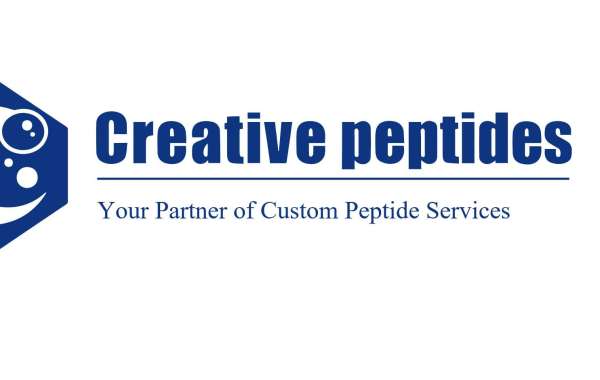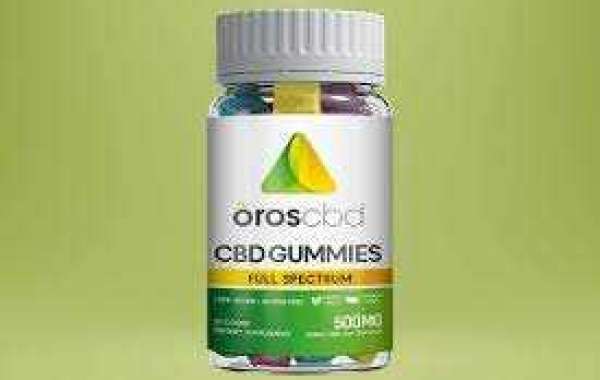Creative Peptides is the world's first-choice supplier of peptides used as pharmaceutical agents with a range of more than 100 peptides and related products, from grams to kgs, generic peptides standard to cGMP (current Good Manufacturing Practice) standard. As a reliable partner for APIs manufacture, we have served a number of customers by providing qualified APIs for their projects. Now they are broadly used in the fields of cancer, cardiovascular and diabetes research, etc.
Approaches for peptide preparation as APIs
- Solution-phrase chemical synthesis
- Solid-phrase chemical synthesis
- Hybrid chemical synthesis
- Native peptide isolation usually by extraction
- Enzymatic synthesis
- Fermentation
- Recombinant DNA technology
- Semi-synthesis
From these approaches, there are two general strategies to prepare a peptide: through chemical synthesis or the application of biological methods. A combination of these two general strategies could also be applied in some cases.
Purification isolation technique
Several techniques are available for the purification of peptides. Among them, crystallization, gel chromatography, ion-exchange chromatography, low-pressure hydrophobic interaction chromatography, countercurrent distribution, partition chromatography, and RP-HPLC are the most popular for the industrial purification of peptides. However, crystallization is the first-choice technique due to its low cost, but it is difficult to apply to peptides containing more than four to five residues because longer peptides are generally difficult to crystallize. For the isolation of longer peptides, precipitation is sometimes successfully applied.
Regulation of Therapeutic Peptides
In 2013, the US Pharmacopeia (USP) Therapeutic Peptides Expert Panel was established to assess quality attributes for synthetic peptide APIs based on currently available regulatory directions and expectations. The panel explores the current manufacturing and regulatory landscape and brings out three articles below. These articles provide a comprehensive overview of quality attributes to be considered for successful synthetic peptide APIs development from manufacturing to lot release.
- The first article described analytical characterization methods, lot-release tests, and points to consider for synthetic peptide APIs manufacturers entering the market.
- The second article covered raw materials used in the chemical synthesis of peptides and their potential influence on the quality attributes of the final APIs. A special focus of this article will be on guarded amino acid derivatives, setting their specifications and types of quality control tests necessary to ensure consistent quality of the final APIs.
- The last article is concentrated on the manufacturing process and impurity control for synthetic peptide APIs.
USP hopes that the work of the Therapeutic Peptides Expert Panel and those articles can offer more constant management to help support efforts to create a maintainable platform for the development of peptide-based drugs.








